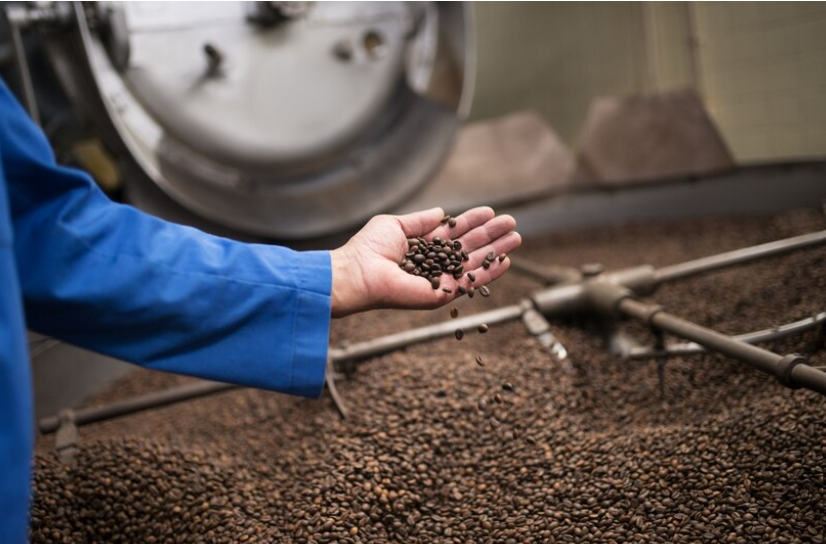1. Introduction to Organic Coffee
Organic coffee has surged in popularity in recent years, becoming a staple in cafes and households around the world. This trend isn’t merely a passing fad—it’s rooted in growing consumer awareness of health, environmental responsibility, and flavor quality. Organic coffee, distinct from conventionally grown coffee, is cultivated without synthetic pesticides or fertilizers. Instead, it relies on natural methods of pest control and fertilization. As a result, the coffee is not only better for the body but also beneficial for the environment, supporting biodiversity and reducing pollution. This introduction dives into why organic coffee has captured the attention of coffee lovers and health-conscious individuals alike.
2. The Health Benefits of Organic Coffee
Switching to organic coffee can bring a variety of health benefits that make it a worthwhile choice for daily consumption. Conventional coffee is often exposed to synthetic chemicals during farming, which may leave residues in the final product. By contrast, organic coffee is grown with natural substances, reducing exposure to potentially harmful chemicals. Furthermore, organic coffee beans are often richer in antioxidants, which combat inflammation and protect against cellular damage. Some studies suggest that these antioxidants may also play a role in reducing the risk of chronic diseases, including cardiovascular issues. Organic coffee’s cleaner cultivation process and health-enhancing qualities make it a popular choice for health-conscious consumers.
3. Flavor and Quality of Organic Coffee
For coffee connoisseurs, the taste of Organic coffee is often the deciding factor. Because organic coffee beans are grown without artificial chemicals, they often boast richer and more complex flavors. Organic coffee growers also typically use traditional, high-quality farming techniques, leading to beans that are full-bodied and aromatic. Additionally, the soil quality in organic farming plays a major role in enhancing coffee’s natural flavors. By rotating crops and using compost, organic farmers maintain fertile soil, which translates to healthier and tastier beans. These careful cultivation practices allow organic coffee to offer a purer, more authentic flavor profile that’s difficult to replicate in conventionally grown coffee.
4. Environmental Impact and Sustainability
Organic coffee farming is a sustainable choice that positively impacts the environment. Traditional coffee farming often involves heavy pesticide use, which can pollute water sources and damage surrounding ecosystems. In contrast, organic coffee is grown with eco-friendly methods that promote biodiversity and soil health. Organic farms tend to avoid monocropping, a practice that depletes soil nutrients and contributes to deforestation. Instead, they often integrate shade-grown techniques, preserving forest areas and providing habitats for various species. This environmentally mindful approach not only helps combat climate change but also supports a sustainable farming model that respects natural resources. Choosing organic coffee is, therefore, a small step towards protecting the planet.
5. The Market for Organic Coffee: Trends and Future Prospects
The demand for organic coffee is increasing as consumers prioritize ethical and sustainable choices. More people are willing to pay a premium for coffee that aligns with their values, supporting both the environment and fair labor practices. Many coffee producers have taken note, expanding their offerings to include organic options and seeking certifications that guarantee organic quality. The future of organic coffee looks promising, with continued growth projected in both developed and emerging markets. As awareness of organic coffee’s benefits spreads, this market is likely to expand, encouraging more farmers to adopt sustainable practices. Organic coffee’s blend of quality, ethical production, and environmental responsibility places it at the forefront of the coffee industry’s future.
